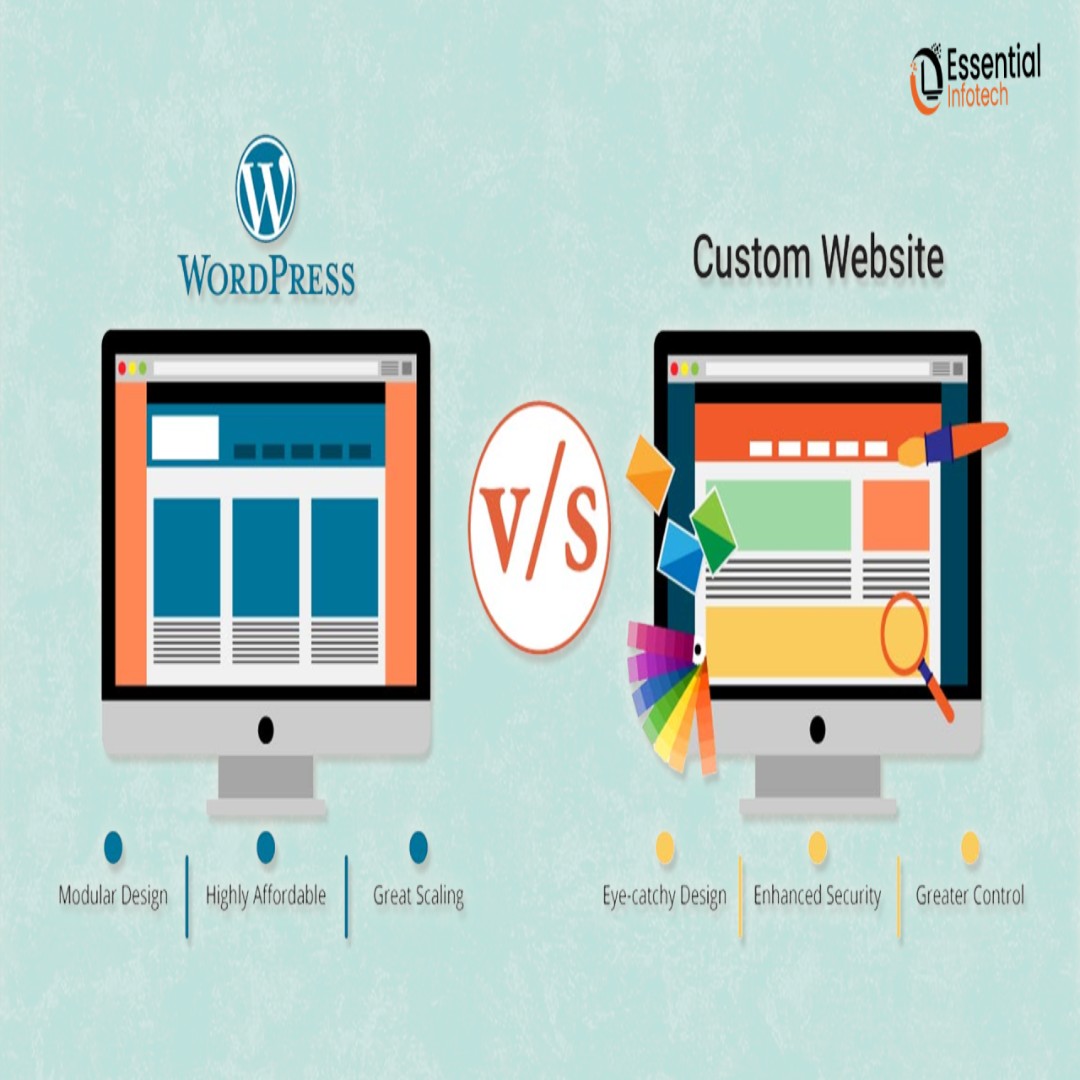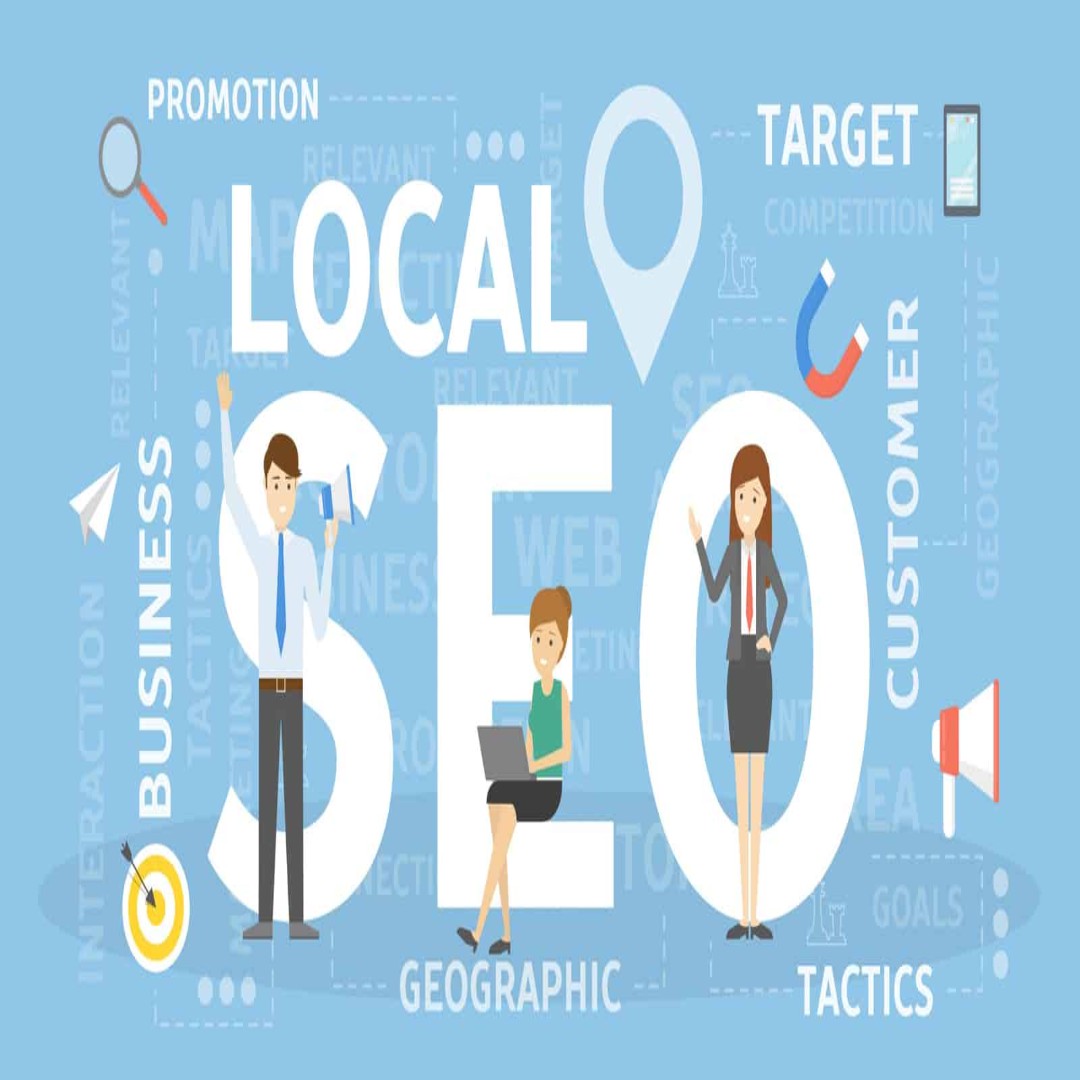
WordPress vs. Custom Development: Which Is Best for Your Business?
Introduction Choosing the right platform for your business website is a crucial decision that can impact your online presence, user experience, and growth. Two popular options are WordPress vs. Custom Development. Each has its advantages and drawbacks, making it essential to understand which suits your business best. In this blog post, we will compare both options to help you choose the best website development approach. What is WordPress Development? WordPress is a widely used content management system (CMS) that powers over 40% of all websites globally. It provides pre-built themes, plugins, and an intuitive interface that makes website creation accessible even to those with minimal coding knowledge. Pros of WordPress Development Ease of Use – WordPress is user-friendly and allows non-technical users to manage content efficiently. Cost-Effective – Compared to custom development, WordPress reduces initial investment costs. SEO-Friendly – With SEO plugins like Yoast SEO, it becomes easier to optimize content. Community Support – A large community of developers ensures constant updates and security improvements. Quick Development – Pre-designed templates and drag-and-drop builders accelerate website creation. Cons of WordPress Development Limited Customization – While plugins extend functionality, deep customization may be restricted. Performance Issues – Too many plugins can slow down the website. Security Concerns – Being widely used, WordPress is a target for hackers. What is Custom Development? Custom development involves building a website from scratch using programming languages like HTML, CSS, JavaScript, and frameworks such as Laravel or React. It provides complete control over design, functionality, and performance. Pros of Custom Development Full Customization – The website is tailored to specific business needs without limitations. Enhanced Performance – With optimized code, custom websites load faster. Higher Security – Custom-built websites have unique security implementations, reducing vulnerabilities. Scalability – Ideal for businesses that plan to grow and require advanced features. Better User Experience – Offers unique and engaging designs that align with branding. Cons of Custom Development Higher Costs – Requires a larger budget due to custom coding and design work. Longer Development Time – Since everything is built from scratch, it takes more time. Ongoing Maintenance – Regular updates and fixes need a dedicated developer or team. WordPress vs. Custom Development: Which One to Choose? The choice between WordPress vs. Custom Development depends on your business goals, budget, and technical requirements. Choose WordPress if: You need a budget-friendly and quick-to-launch website. You don’t have coding experience but want to manage content independently. You are running a blog, small business, or an eCommerce site with standard functionality. Choose Custom Development if: You require unique functionality, high performance, and scalability. Security is a top priority for your business. You want complete control over your website’s design and features. Conclusion Both WordPress and custom development offer distinct advantages depending on your business needs. If you want an affordable, user-friendly solution, WordPress is a great choice. However, if you require full control, scalability, and top-notch performance, custom development is the best website development approach. Evaluate your business goals and technical requirements to make an informed decision that ensures long-term success.



